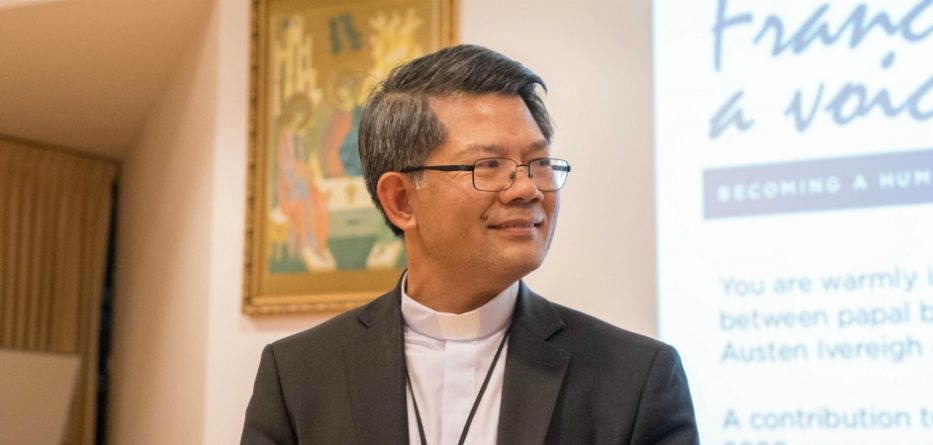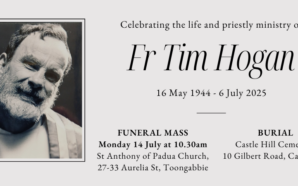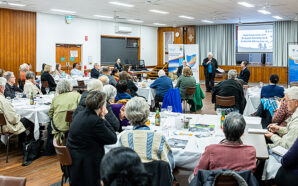Most Reverend Vincent Long Van Nguyen OFM Conv DD STL, Bishop of Parramatta
Address to the National Association of Deacons Conference 2019, Fremantle
“The renewed ministry of diakonia in the Church beyond the shadows of the priesthood“
4 October 2019
PART 4: DIACONATE AS EMBODIMENT OF THE CHURCH’S DIAKONIA
At Vatican II, the predominant rationale for restoring the permanent diaconate was that following the horrors of war and violence, the Church needed a new form of ordained ministry that was modelled on Christ the Humble Servant.
Pope Paul VI would later declare that the diaconate was the driving force for the Church’s own diakonia. Pope John Paul II likewise taught that the service of the deacon is the Church’s service sacramentalised.
The clerical sexual abuse crisis and the curse of clericalism that contributed to it have awoken in the Church the desire for ordained ministers to manifest the servant leadership of Christ. More than ever, the diaconate becomes the embodiment of the Church’s diakonia, which is fundamental to its nature.
The servant leadership model is much more than what we do to the people. It is indicative of who we are as humble and vulnerable servants in the likeness of Christ who came to serve and to give his own life for others. Hence it is a way of life – a modus vivendi before it can be translated into a way of service – a modus operandi.
We Christian leaders today are more than ever before challenged to embrace the journey of vulnerability and powerlessness, which is at the heart of the Gospel.
So much of what is wrong with the Church today stems from the travesty of Christian leadership and service. As far as I am concerned, the sexual abuse crisis is only the tip of the iceberg. In other words, it is a symptom of a serious malaise, which is invariably described as the cancer of clericalism.
Unless we have the courage to see how far we have drifted from the vision of Jesus, unless we are prepared to go beyond the symptoms and explore the deeper issues that lurk behind the surface, unless we genuinely repent of our sins and face up to the task of reclaiming the innocence and powerlessness of the servant-leader, we will have failed the test of our integrity, discipleship and mission.
When privilege, power and dominance are more evident than love, humility and servanthood in the church, then the very Gospel of the servant Jesus is at stake. What we need to reclaim for the Church forcefully and unequivocally is the notion of diakonia.
To this end, we as leaders need to manifest the diakonia of Christ in who we are and what we do. Until we have reclaimed diakonia, the Church will be less than what Christ intends it to be.
The Church can only be the conduit of compassion and speak the language of hope to a broken humanity when it truly personifies powerlessness and stands where Christ once stood, that is, firmly on the side of the outcast and the most vulnerable.
The restored and revitalised Order of the Diaconate will help restore the crucial aspect of all Christian ministries as an expression of the Church’s diakonia.
If you noticed carefully, Pope Francis was actually wearing a stole like a deacon – and not like a priest- when he performed the ritual of feet washing on Holy Thursday.
I suspect it was an intentional act, a symbol of the Church that is committed to humble service, the Church that expresses diakonia in actions that heal and nurture people and relationships. The spirit of diakonia must characterise the very nature of Christian ministry of leadership and service.
Part 5 will be published tomorrow.
To read Part 3 of Bishop Vincent’s address, click here.








